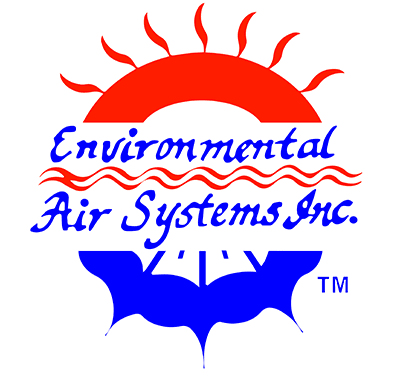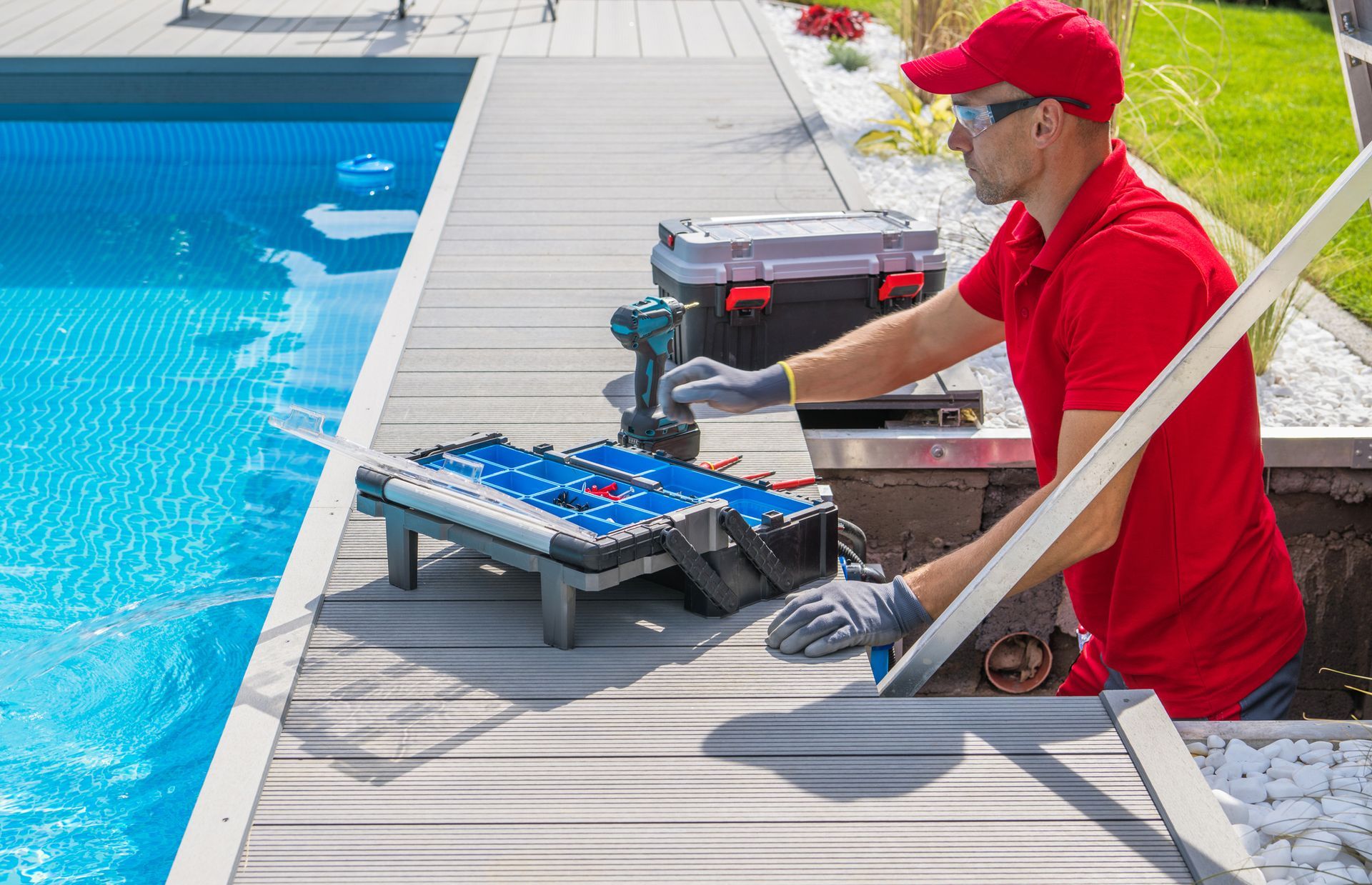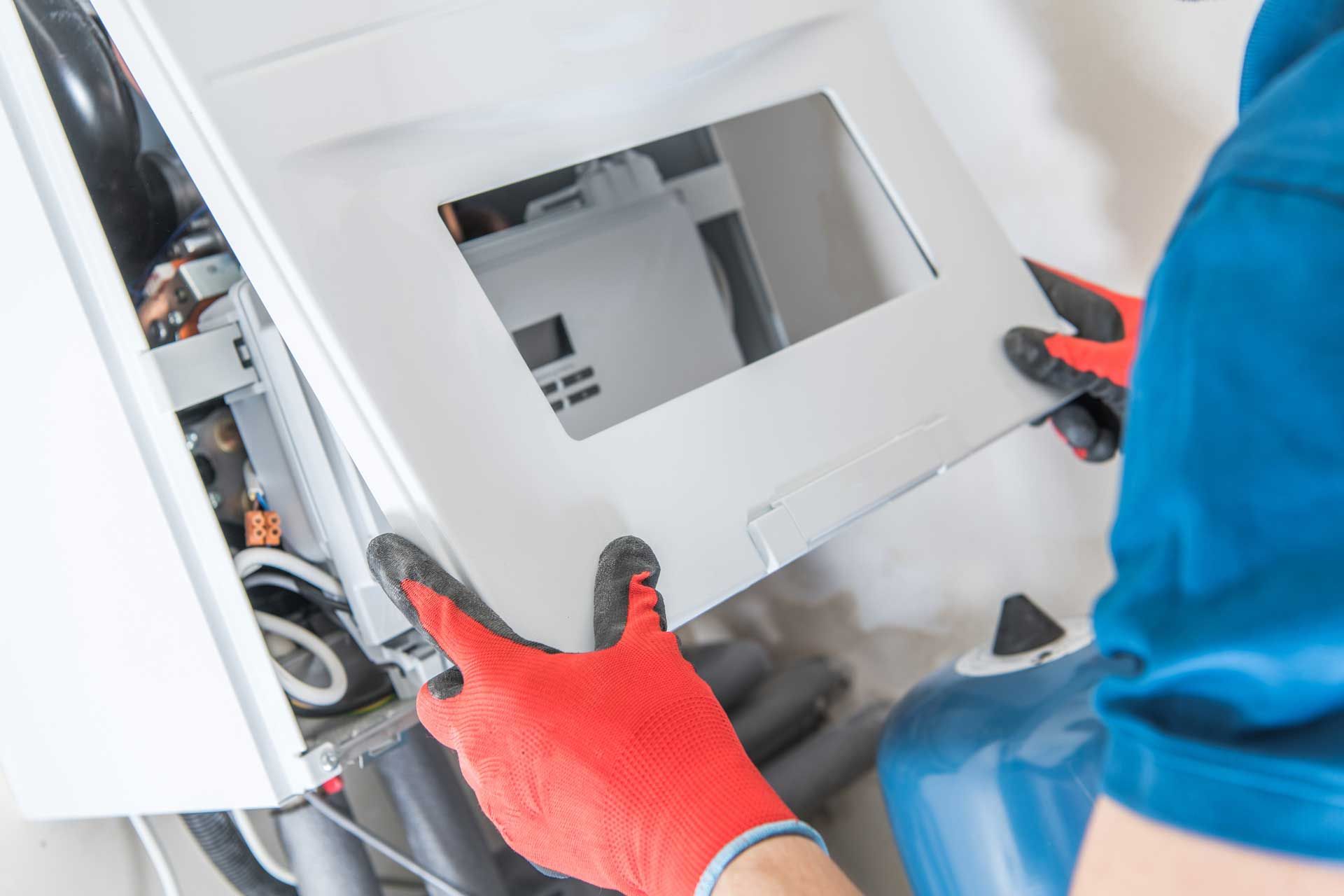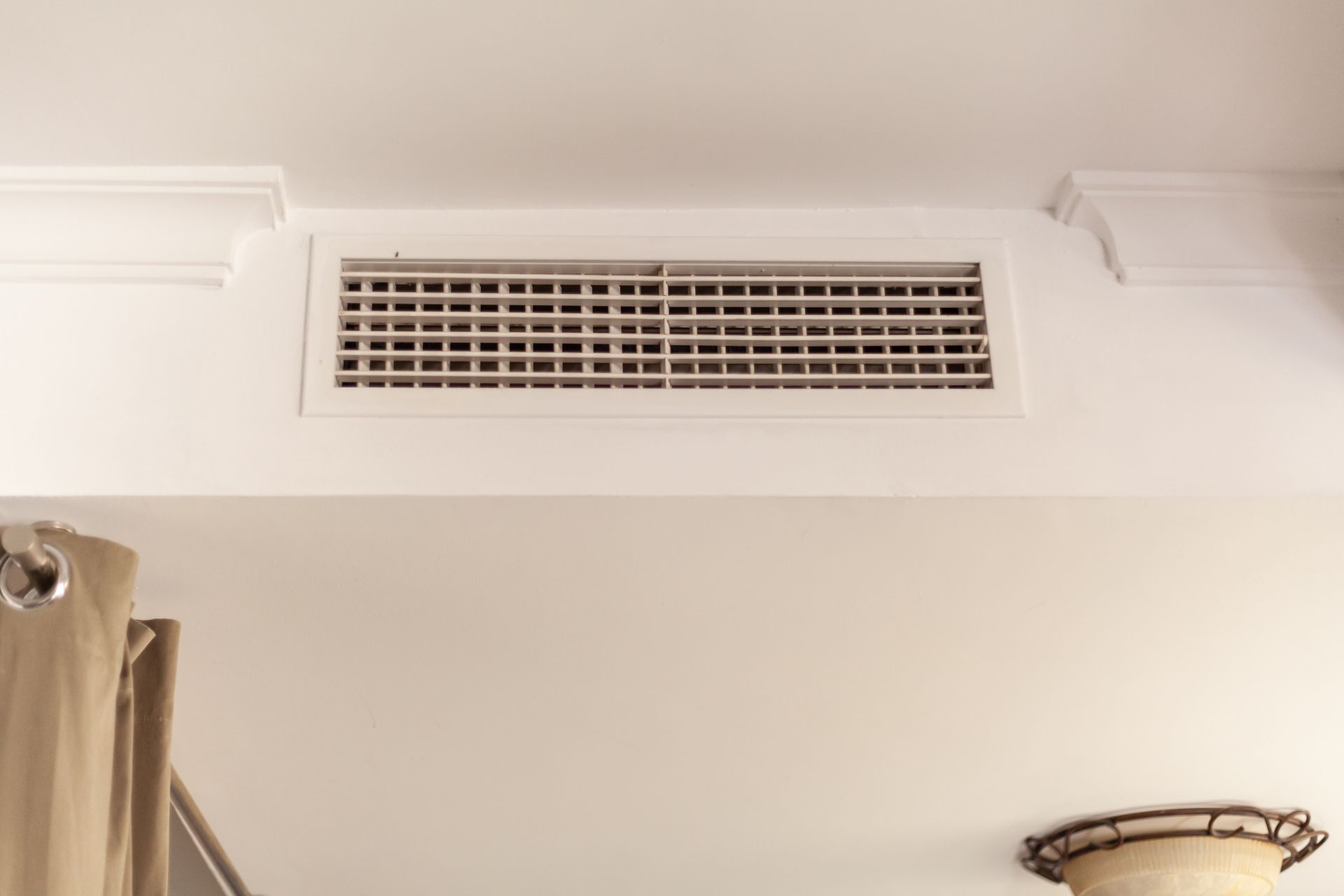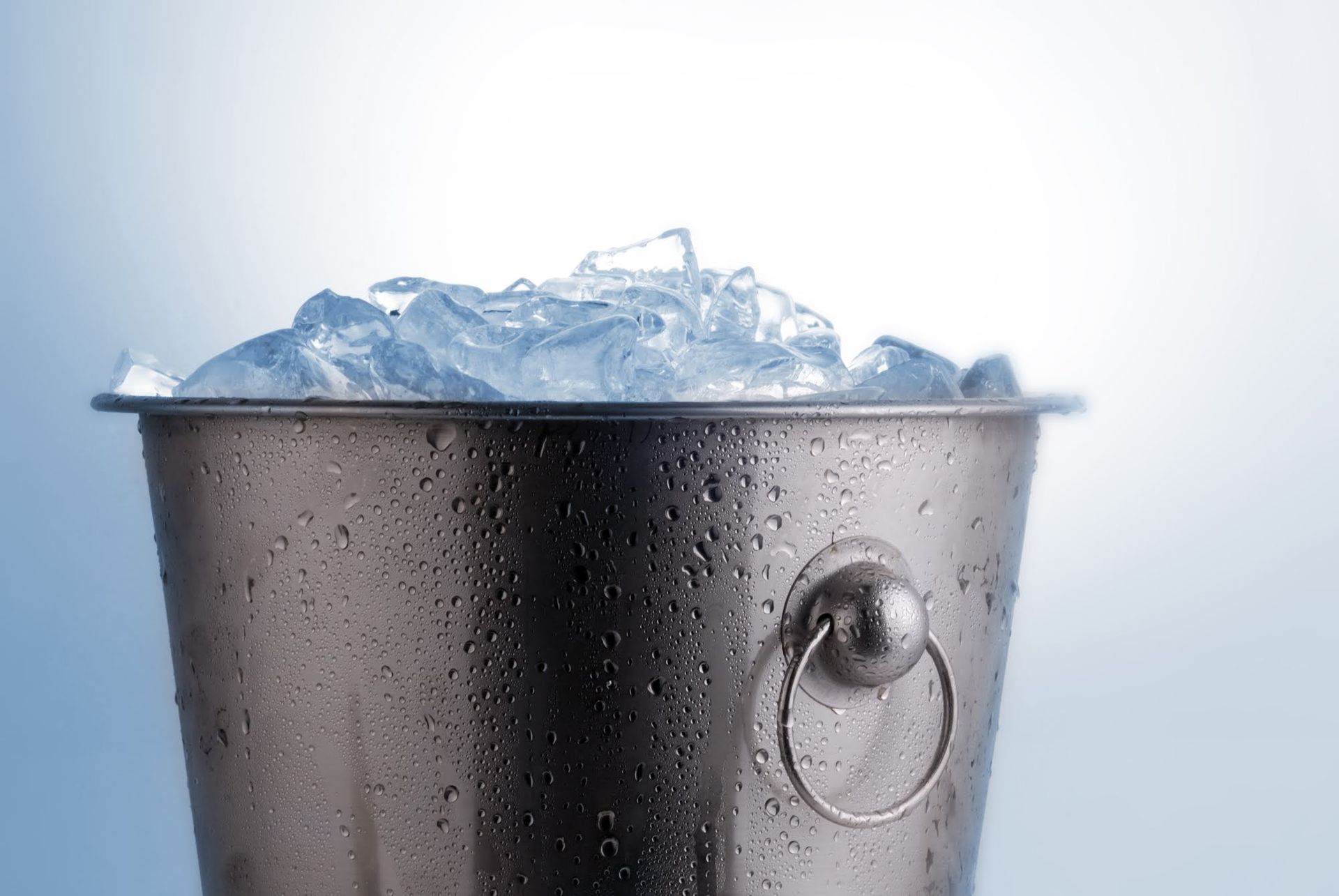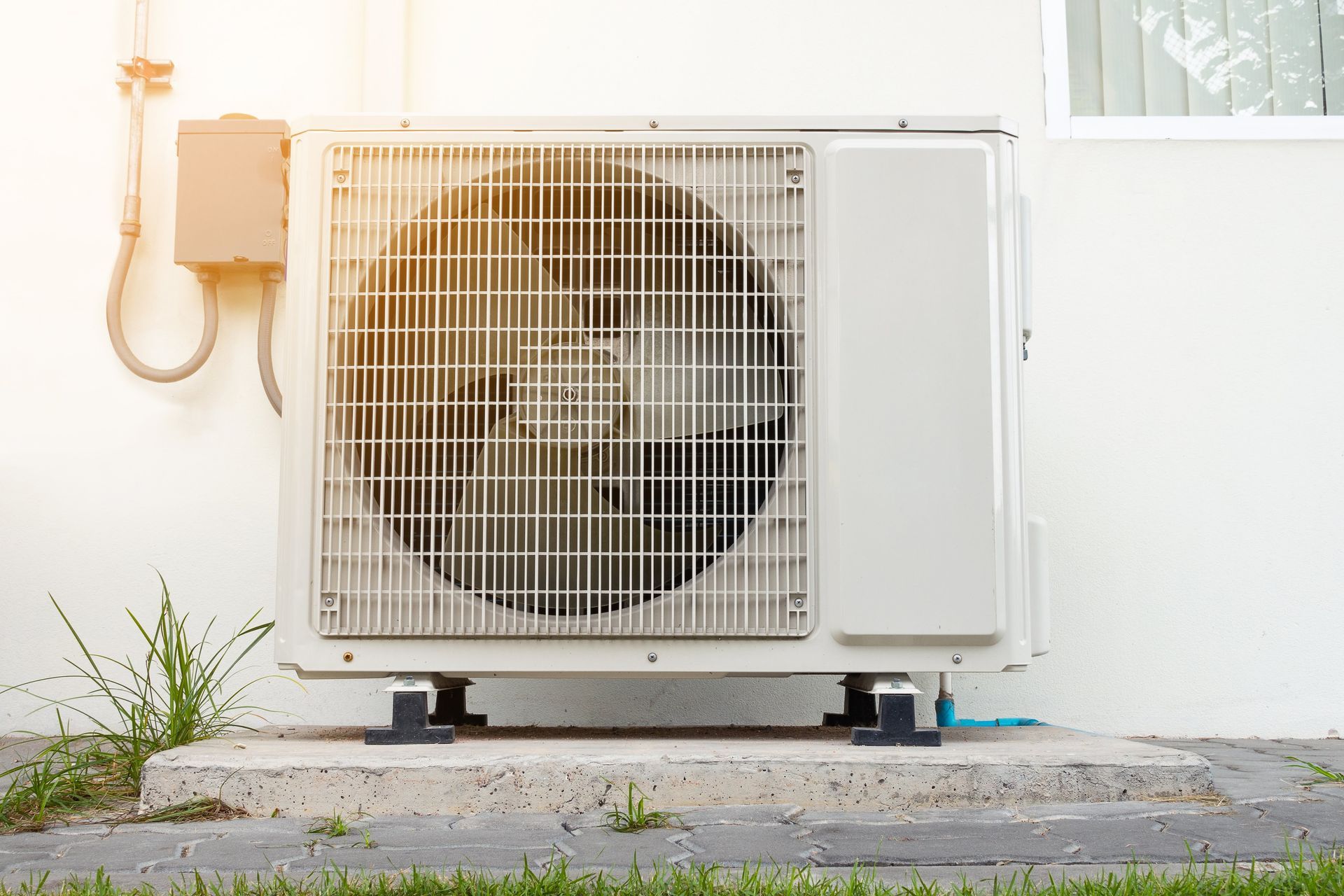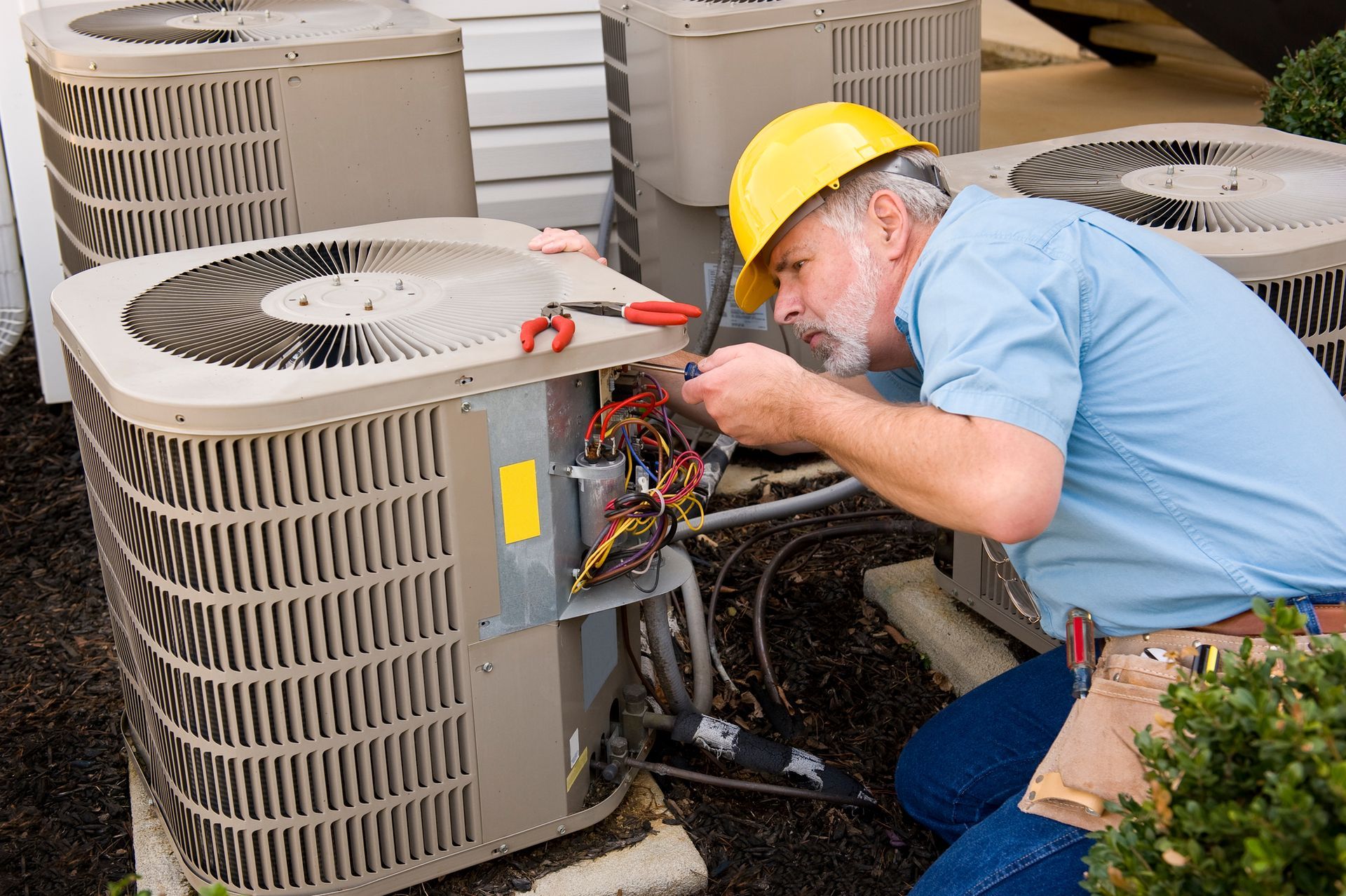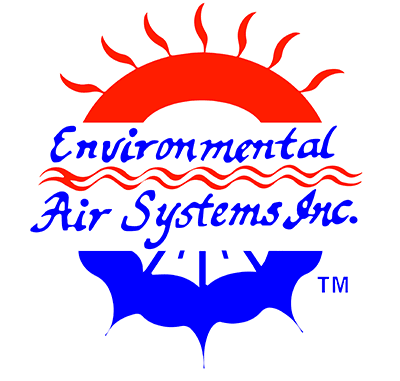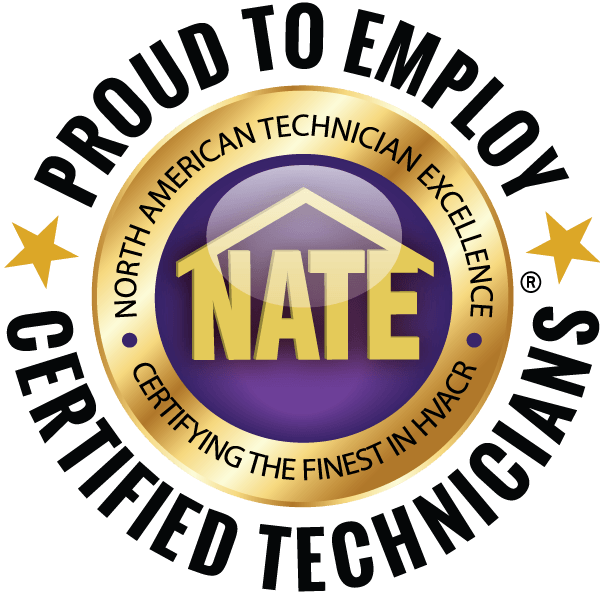A Guide to Better Indoor Air Quality in Your Home
When we think about pollution, busy highways and industrial factories often come to mind. But did you know that the air inside our homes can sometimes be more polluted than outside? Ensuring good indoor air quality is essential for our well-being and overall health. Dive into some practical tips for creating a healthier and cleaner environment in your home.
Understand Why Indoor Air Quality Matters
Breathing clean air plays a pivotal role in maintaining our health. The latest high quality air purification products available today are designed to not only make your home healthier and cleaner but are also built to augment your central home air-conditioning/heating system(s), so that the everyone in the home benefits.
Some of the benefits of a whole house air-purifier:
- VOCs (Volatile Organic Compounds) are gases in the air that come from products or processes and include benzene and formaldehyde and are significantly reduced.
- Airborne and surface viruses and bacteria across the board are greatly reduced.
- Airborne contaminants such as pollen, dust, and pet dander that can exacerbate asthma and trigger allergies are greatly reduced.
Know Sources of Indoor Air Pollution
Before diving into solutions, identify common culprits:
- Tobacco Smoke: This remains a top indoor pollutant. Second-hand smoke carries numerous harmful chemicals.
- Household Products: Many cleaning agents, paints, and aerosols release volatile organic compounds (VOCs).
- Mold and Pollen: These natural substances can infiltrate our homes and degrade air quality.
- Viruses and bacteria: These can thrive in unprotected environments.
- Kitchen and other Odors: These can be an irritant, especially to those who are sensitive to smells.
By recognizing these sources, we can make informed choices and take preventive measures.
Enhance Indoor Air Quality / Invest in Air Purifiers
Improving the air inside your home might be simpler than you think. Discover some effective steps to get you started:
- Dehumidifiers: High humidity levels can promote Mold growth. Using a dehumidifier can help maintain an optimal environment.
- In-duct UVC products can help neutralize Mold spores, viruses, bacteria, and Odors, Dust, and dander will be ionized forcing them to bond together helping them to be trapped in your air filter.
- HEPA (High efficiency particulate air) filters can remove up to 99% of airborne particulates down to 0.3 Microns.
- Electronic Air Cleaners will do an excellent job of also ionizing and trapping airborne particulates and contaminants.
When considering an air purifier, we will help you research various models to find one that suits your home's size and specific needs.
Maintain Your HVAC System
One of the most overlooked aspects of indoor air quality is the health of your HVAC system. When not properly maintained, it can become a source of contaminants:
- Dirty Filters: Over time, HVAC filters can accumulate dust, pollen, and other debris. When this happens, the system can't effectively filter out these pollutants from circulating back into your home.
- By scheduling regular HVAC maintenances, changing filters routinely, and adding an air purification system, you can significantly enhance the air quality in your home while ensuring your system runs more efficiently.
To summarize, maintaining a clean indoor environment is not only essential for our health but also for our peace of mind. By implementing the strategies discussed here, you can ensure that the air you breathe inside your home is fresh and free from harmful pollutants.
Ready to further enhance your home's air quality? Contact Environmental Air Systems, Inc., today, and our experts will guide you on the best HVAC solutions tailored for your needs.

